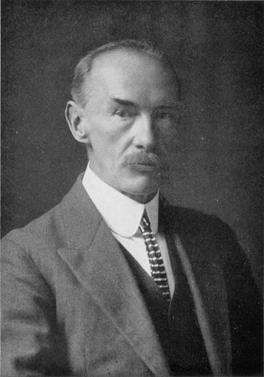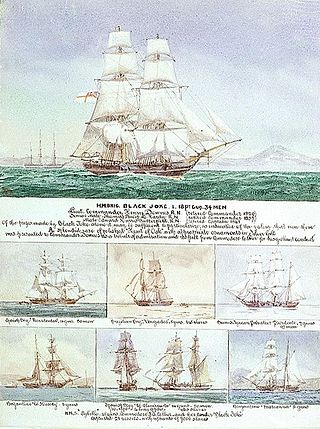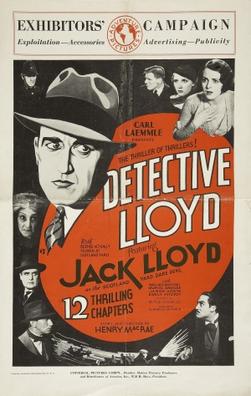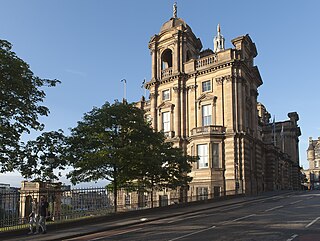Related Research Articles

The British Empire comprised the dominions, colonies, protectorates, mandates, and other territories ruled or administered by the United Kingdom and its predecessor states. It began with the overseas possessions and trading posts established by England in the late 16th and early 17th centuries. At its height in the 19th and early 20th centuries, it was the largest empire in history and, for a century, was the foremost global power. By 1913, the British Empire held sway over 412 million people, 23 percent of the world population at the time, and by 1920, it covered 35.5 million km2 (13.7 million sq mi), 24 per cent of the Earth's total land area. As a result, its constitutional, legal, linguistic, and cultural legacy is widespread. At the peak of its power, it was described as "the empire on which the sun never sets", as the sun was always shining on at least one of its territories.

Frank Lloyd Wright Sr. was an American architect, designer, writer, and educator. He designed more than 1,000 structures over a creative period of 70 years. Wright played a key role in the architectural movements of the twentieth century, influencing architects worldwide through his works and mentoring hundreds of apprentices in his Taliesin Fellowship. Wright believed in designing in harmony with humanity and the environment, a philosophy he called organic architecture. This philosophy was exemplified in Fallingwater (1935), which has been called "the best all-time work of American architecture".

David Lloyd George, 1st Earl Lloyd-George of Dwyfor, was Prime Minister of the United Kingdom from 1916 to 1922. A Liberal Party politician from Wales, he was known for leading the United Kingdom during the First World War, for social-reform policies, for his role in the Paris Peace Conference, and for negotiating the establishment of the Irish Free State. He was the last Liberal prime minister; the party fell into third-party status towards the end of his premiership.

Music hall is a type of British theatrical entertainment that was most popular from the early Victorian era, beginning around 1850, through the Great War. It faded away after 1918 as the halls rebranded their entertainment as variety. Perceptions of a distinction in Britain between bold and scandalous music hall entertainment and subsequent, more respectable variety entertainment differ. Music hall involved a mixture of popular songs, comedy, speciality acts, and variety entertainment. The term is derived from a type of theatre or venue in which such entertainment took place. In North America vaudeville was in some ways analogous to British music hall, featuring rousing songs and comic acts.

The Natural History Museum in London is a museum that exhibits a vast range of specimens from various segments of natural history. It is one of three major museums on Exhibition Road in South Kensington, the others being the Science Museum and the Victoria and Albert Museum. The Natural History Museum's main frontage, however, is on Cromwell Road.

Lloyds Bank plc is a major British retail and commercial bank with a significant presence across England and Wales. It has traditionally been regarded one of the "Big Four" clearing banks.

Reginald Innes Pocock, was a British zoologist.

Paul Mellon was an American philanthropist and a breeder of thoroughbred racehorses. He is one of only five people ever designated an "Exemplar of Racing" by the National Museum of Racing and Hall of Fame. He was co-heir to one of America's greatest business fortunes, derived from the Mellon Bank created by his grandfather Thomas Mellon, his father Andrew W. Mellon, and his father's brother Richard B. Mellon. In 1957, when Fortune prepared its first list of the wealthiest Americans, it estimated that Paul Mellon, his sister Ailsa Mellon Bruce, and his cousins Sarah Mellon and Richard King Mellon, were all among the richest eight people in the United States, with fortunes between $400 million and $500 million each.

The West Africa Squadron, also known as the Preventative Squadron, was a squadron of the British Royal Navy whose goal was to suppress the Atlantic slave trade by patrolling the coast of West Africa. Formed in 1808 after the British Parliament passed the Slave Trade Act 1807 and based out of Portsmouth, England, it remained an independent command until 1856 and then again from 1866 to 1867.
Seton Howard Frederick Lloyd,, was an English archaeologist. He was President of the British School of Archaeology in Iraq, Director of the British Institute of Archaeology at Ankara, Professor of Western Asiatic Archaeology in the Institute of Archaeology, University of London (1962–1969).
Beycesultan is an archaeological site in western Anatolia, located about 5 km southwest of the modern-day city of Çivril in the Denizli Province of Turkey. It lies in a bend of an old tributary of Büyük Menderes River.

Detective Lloyd (1931) is a 12-chapter Universal movie serial. A co-production between the American company Universal and the British company General Films, it was filmed entirely in Britain with British and Commonwealth actors. It was the only sound serial ever produced in the UK. Although a print was shown on British and Swedish TV as recently as the 1970s, the film is now considered lost.
The Museum of Curiosity is a comedy talk show on BBC Radio 4 that was first broadcast on 20 February 2008. It is hosted by John Lloyd. He acts as the head of the (fictional) titular museum, while a panel of three guests – typically a comedian, an author and an academic – each donate to the museum an 'object' that fascinates them. The radio medium ensures that the suggested exhibits can be absolutely anything, limited only by the guests' imaginations.

Dame Alicia Frances Jane Lloyd Still, was a British nurse, teacher, hospital matron and leader of her profession. She was one of the leaders in the campaign for state registration of nurses. Following the Nurses Registration Act 1919, she was a member of the General Nursing Council (1920-1937). As chairwoman of the General Nursing Council's first Education and Examinations Committee she helped establish the first national examination standards for the registration of nurses.

The Lloyd George Museum is dedicated to the life and times of David Lloyd George, the Welshman who was Prime Minister of the United Kingdom from 1916 to 1922. It is located in Lloyd George's home village of Llanystumdwy, Wales, where he is buried, and is run by Gwynedd Council. It is normally open during the summer months and by appointment during the rest of the year.

George Lloyd was born in Wales, and became Bishop of Sodor and Man, then Bishop of Chester. He is remembered for Bishop Lloyd's House in Chester, which he had built in the years before his death, and which is recorded in the National Heritage List for England as a designated Grade I listed building.
The Dictionary of Welsh Biography (DWB) is a biographical dictionary of Welsh people who have made a significant contribution to Welsh life over seventeen centuries. It was first published in 1959, and is now maintained as a free online resource.

The Museum on the Mound is a museum in Edinburgh, Scotland, that focuses on money, coinage and economics. It is located in the Bank of Scotland Head Office building on The Mound. It has more than 50,000 visitors per year.
The Canterbury Helmet is an Iron Age helmet found in a field near Canterbury, Kent, England, in December 2012. Made of bronze, it is one of only a few helmets dating from the Iron Age to ever have been found in Britain. The helmet currently resides in the British Museum, and is undergoing conservation work. It was found by Mr Trevor Rogers, who found it together with an iron brooch and a pin, and it is thought to have contained a bag with cremated human remains.
Lloyd Eldred Herman (1936-2023) was an American arts administrator, curator, writer, museum planner and acknowledged expert on contemporary craft. He was known for being the founding Director of the Renwick Gallery of the Smithsonian American Art Museum in Washington D.C., from 1971 to 1986.
References
- ↑ "Catalogue of the Lansdowne Manuscripts in the British Museum" London, British Museum, p2501819
- ↑ Alumni Oxonienses 1500–1714, Lloyd-Lytton
- ↑ 113–114 British History On-line [ permanent dead link ]